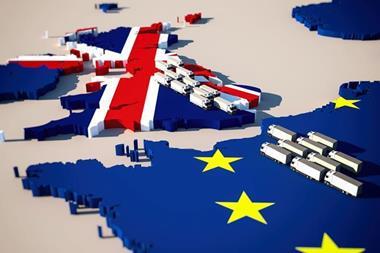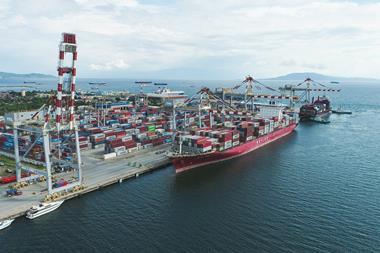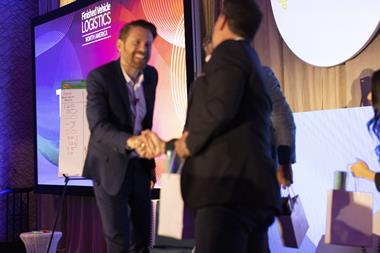
The competition has been fierce, various people have taken a kicking and at least a few own goals have been scored; the global trade war, much like this year’s FIFA World Cup, has made for compulsive viewing.
From US tariffs of 25% on steel and 10% on aluminium imports back in March, the situation has escalated to major players America, Mexico, Canada, China and the EU promising higher levies on billions of dollars worth of goods – including vehicles and vehicle parts. Fuelled by Donald Trump’s obsession with “winning”, the one-on-one spat between the US and arch-rival China has now clocked up proposed tariffs of at least $250 billion.
This tariff battle has gathered pace so fast, especially in the past few weeks, that it’s difficult to comment on the state of play while the threats and counter-threats keep coming – and amid the lingering suspicion that it could all be over at the drop of a Tweet.
Nonetheless, real-world consequences are already being felt: the cost of those key carmaking materials, steel and aluminium, have increased; automotive manufacturers are looking at reorganising their supply chains; and that most American of motorcycle makers, Harley Davidson, has already decided to shift some production overseas. Furthermore, given the likely impact on production volumes, the industry awaits the ripple of job losses throughout the supply chain.
Yet while politicians engage in regressive point-scoring, the automotive industry continues to make progress both technologically and in terms of collaboration. For example, as our in-depth feature reveals, the latest truck platooning trials are uncovering the huge benefits to be had in terms of fuel consumption, emissions levels, road utilisation and safety; the capability is here, the challenge will be to negotiate the rules and regulations.
Similarly, talking through difficulties and working out a solution was exactly what occurred during a recent collaborative effort by OEMs, suppliers, logistics providers and the Automotive Industry Action Group to enhance visibility on returnable containers, a lack of which currently costs the industry millions of dollars per year.
Unlike needless trade wars, such industry partnerships bring practical and financial advantages to all participants while also helping to save the planet – showing that, while healthy competition is important, there doesn’t have to be only one winner.

























![Global[1]](https://d3n5uof8vony13.cloudfront.net/Pictures/web/a/d/s/global1_726550.svgz)











No comments yet